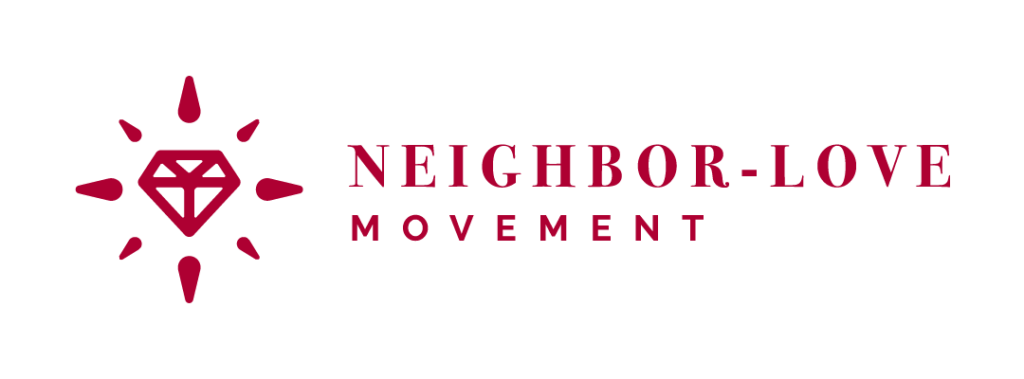Dear friends,
As we remember the 20th anniversary of 9/11, I want to share a story about Jihad. This is not a story about global terrorism, religious extremism, and death. It’s a story about a devout Muslim, neighbor-love, and hope.
A few years after 9/11, I was living in a neighborhood in Addis Ababa known as Little Mogadishu. The neighborhood got its name from the numerous Somali refugees who had fled there from the violence ravaging Somalia. My neighbors carried stories of terror and trauma similar to survivors of 9/11.
At the heart of Little Mogadishu is a bustling open-air market. Throughout this labyrinth, you can find vegetables, electronics, fashion clothes, international money transfers, khat, and pretty much everything in between. So one day I ducked inside a tiny shop to buy a pair of shoes.
As so often, I was carrying my laptop with me. My entire professional life was inside that computer, and I foolishly took it with me everywhere I went. By the time I had finished bartering with the shopkeeper for my new shoes, I had completely forgotten that I sat my bag down in the corner. Soon enough, I was out the door and racing through the crowded market to catch a bus.
But then I heard a man shouting my name and running behind me. It was the shopkeeper. He was carrying my laptop bag and holding it out to me. My body immediately surged with panic at the thought of losing my computer in the middle of my PhD applications.
I thanked him profusely for his kindness and asked for his name. He answered, “My name is Jihad.”
In Little Mogadishu, Jihad could have probably sold my Apple laptop for an entire year of his salary. In a matter of minutes, he would have held a small fortune in his hands and been able to help his family or himself in previously
unimaginable ways. Justifying this wouldn’t have been hard: “He’s already gone, and it’s my duty to manage this shop. What if something gets stolen and I get blamed? Too bad for him.”
But Jihad didn’t think of himself or the money. He thought of me. So he abandoned his shop, ran through the market, shouted my name, and returned my laptop with a huge smile.
In Quranic Arabic, “jihad” primarily means “moral struggle.” It’s the hard work of personal transformation that every person of faith understands. Jihad is that dogged effort in everyday life to convert our basic instincts toward selfishness into faithfulness to God and love for our neighbors.
As a devout Muslim, Jihad lived up to the meaning of his name, and so he practiced neighbor-love with a complete stranger. He obeyed his Scripture,
“Do good to neighbors near and far” (Quran 4:36). I will never forget his incredible kindness and the shattering of my stereotypes as I heard his voice: “My name is Jihad.”
I grieve for the 3,000 victims and countless survivors of 9/11. I grieve for the many hundreds of thousands of Afghans and Iraqis, as well as coalition service members, who have been killed in the wars since 2001. I grieve for our world all too familiar with hate, terror, and death.
But I also remember my brother Jihad. So much of this hate, terror, and death is fueled by stereotypes of others that misrepresent millions or even billions of people. As I think of Jihad, I’m reminded of the moral struggle of personal integrity, sacrificial kindness, and courageous cooperation that is required to build neighborhoods of trust and a world of hope in our post-9/11 world. Over the last twenty years, Jihad is one of countless Muslims that I have met who have embodied this religious devotion and neighbor-love in the most beautiful ways.
As you remember 9/11 and hear about “jihad,” I hope you’ll think of my Muslim neighbor in Little Mogadishu. May each one of us embrace the true jihad of surrendering hate, healing conflict, and loving our neighbors as ourselves.
***
“The most virtuous behavior is to engage those who break relations, to give to those who withhold from you, and to forgive those who wrong you.” Prophet Mohammad (Hadith Al-Tabarani, 282)
“Shall I tell you what is better than much prayer and sadaqa [giving to the needy]? Mending discord. And beware of hatred — it strips you of your religion.” Prophet Mohammad (Ibn Anas, Muwatta Malik, Book 47, Hadith 7;
Malik 1642)




